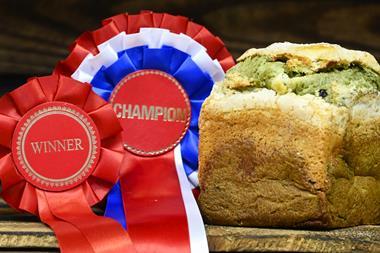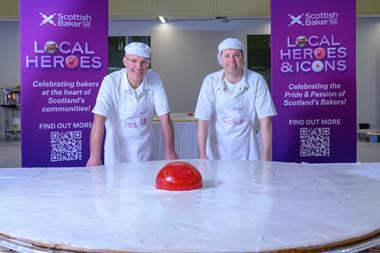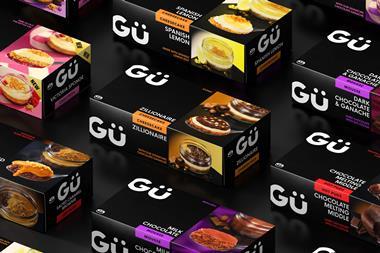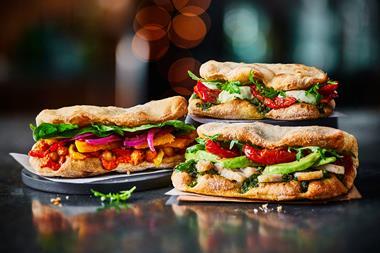Marks & Spencer (M&S) says around three-quarters of its bakery suppliers are now using Vitamin D-enhanced yeast across a range including ciabatta, seeded loaves and buns.
The retailer announced in June that every loaf of bread and bread roll in the M&S bakery range would be made with yeast that naturally produces vitamin D, providing a minimum of 15% of the daily requirement in two slices.
M&S food technologist Mark Waples told British Baker that the innovation “really is the best thing since sliced bread”.
He said: “We are very happy with this; it is a fantastic innovative product. We conducted initial research before launch, which showed that consumer reaction was 78% positive. This product is right in line with the health platform which M&S’ focus is on.”
Around three-quarters of Marks & Spencer’s bakery suppliers, all so far based in the UK, are using the yeast in a total of 74 lines.
The VitaD yeast, from supplier Lallemand UK, is being used in its deactivated form, alongside the ordinary yeast in products.
Waples said: “We have worked very hard with our supply base on getting the quantities right in the products, testing all products, to make sure that the resulting vitamin D content in products was at the correct level.”
M&S decided to use a deactivated version of the VitaD yeast alongside standard yeast, as the quantities of standard yeast used by bakers fluctuate throughout the year on bakery products.
Quantities of the VitaD yeast to be added are calculated around the vitamin D content of the existing product. For example, a product made with eggs will already have a certain amount of vitamin D in it, so will need less yeast added in order to bring it up to the 15% recommended daily intake.
The calculations for using the VitaD yeast live would be too complicated, Waples said: “It would become like the tail wagging the dog.”
VitaD yeast is so far only available from M&S bakery suppliers based in the UK and is not yet available on products including hot cross buns, and in-store bakery, he added.
The VitaD yeast is produced in the normal way and then exposed to UV light to convert natural sterols into a vegetarian vitamin D.
































No comments yet